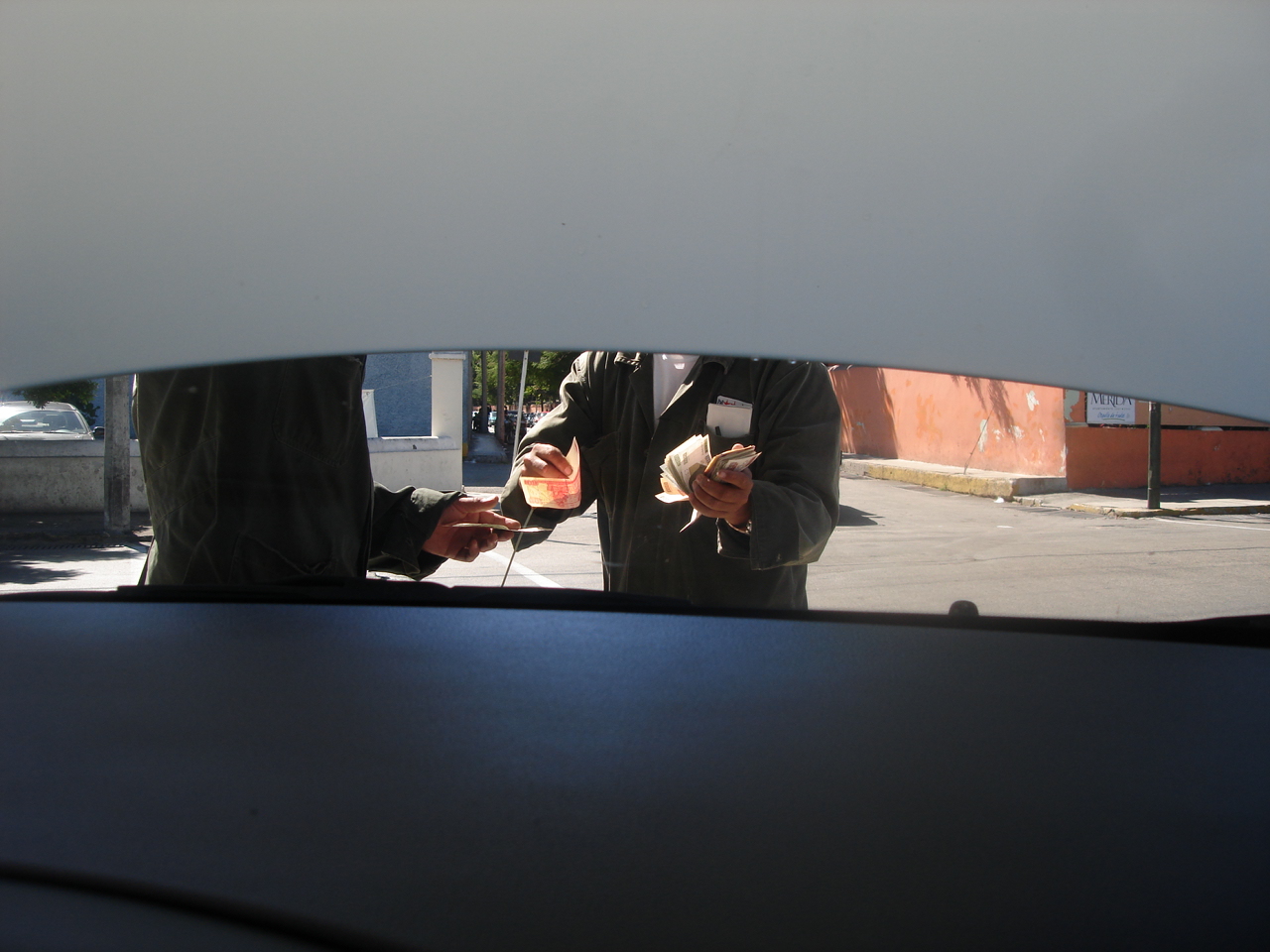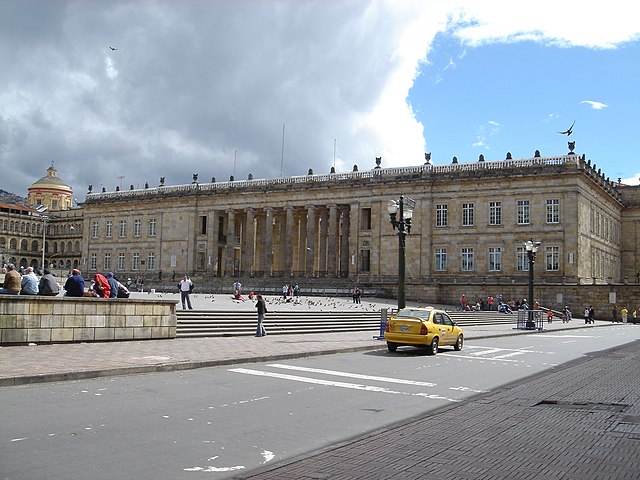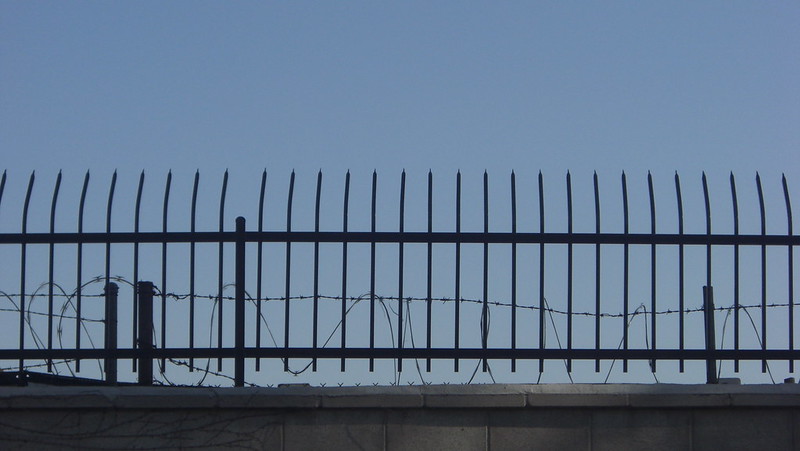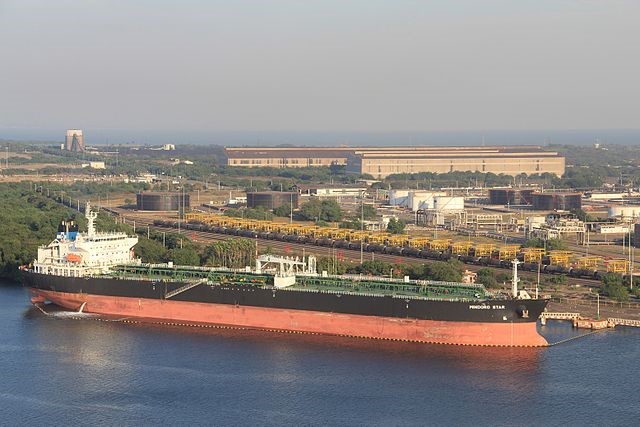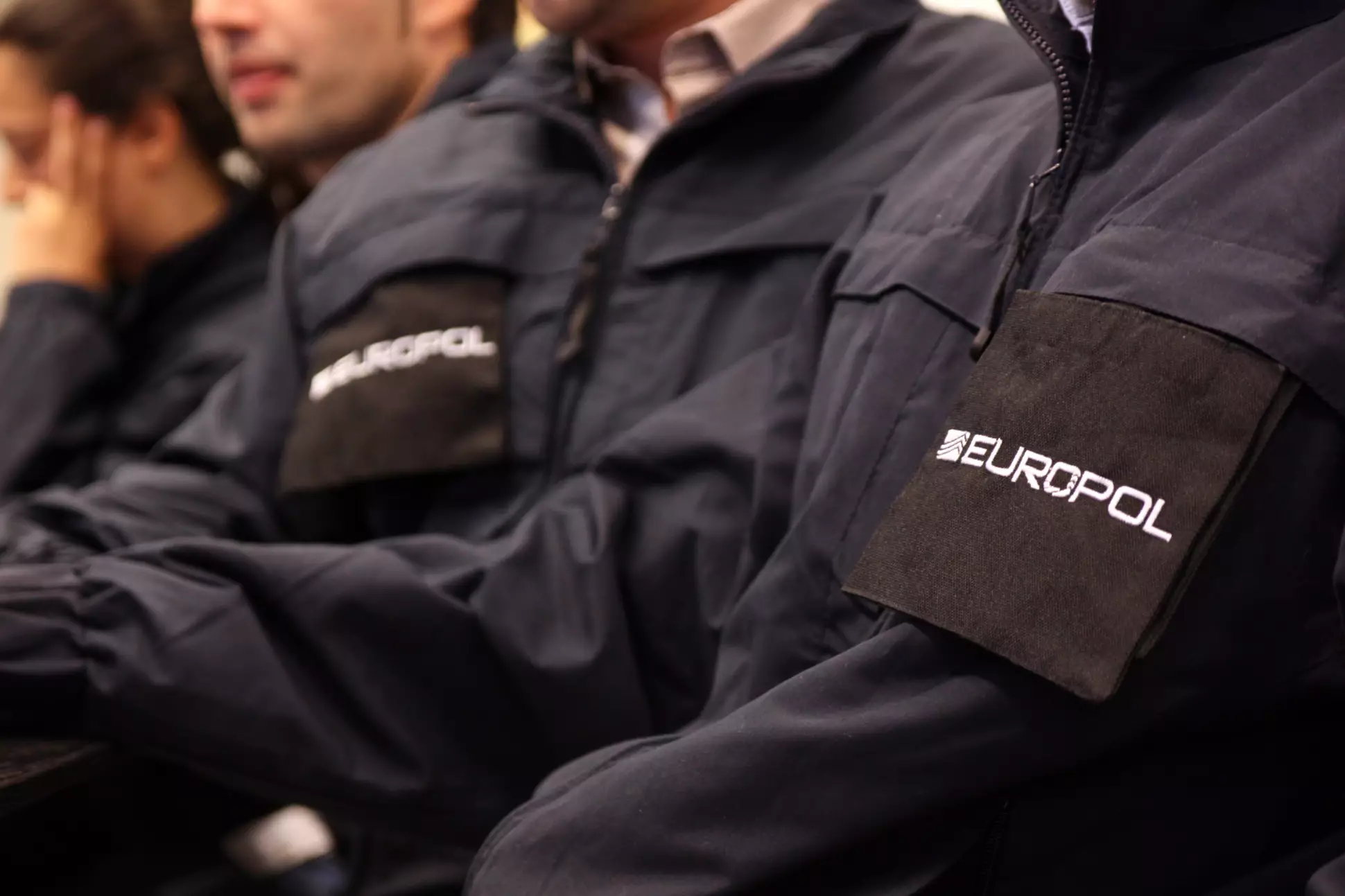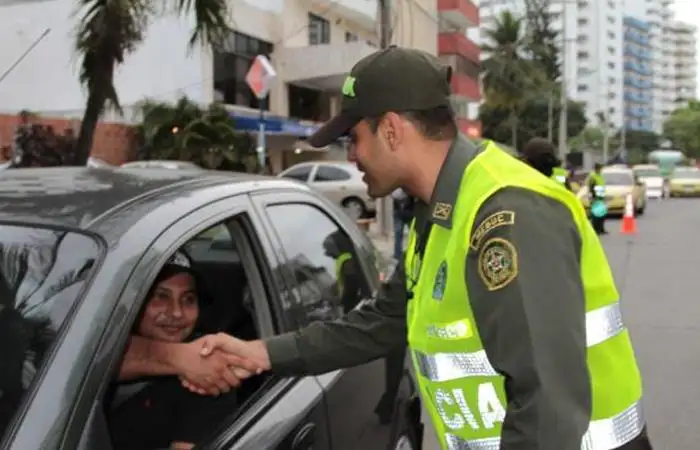On the Same Page? Understanding ‘Ungoverned Areas’ in US doctrine in Latin America
To best counter the threat of organised crime originating from tough-to-reach areas, Latin American and US policymakers and officials need to come to a common understanding on ‘ungoverned areas’ and how they can best collaborate to address the threat. Current Context Over the past few years, statements made by civilian…
Criminal Structures in Argentina: Family clans and the PCC Threat
Due to the fragmentation of drugs markets and the adoption of less centralised criminal structures, transnational organised crime has spread throughout Latin American countries. In Argentina, organised crime has taken a particular form, different to the archetypical drug cartels that operated in Colombia or Mexico in the 1990s or at…
Sicariato and Latin American Illicit Orders: A Research Imperative
Over the last decade, the proliferation of illicit orders in many Latin American cities has promoted the emergence of parallel punishment systems. These systems – I term ‘Sicariato’ – have become a regular conflict resolution mechanism between criminal and non-criminal actors. This piece draws from topics explored in depth in…
Criminals or Rebels? The Role of Definitions in Colombian Peace
In an attempt to demobilise armed groups in Colombia, President Gustavo Petro’s government implemented the policy of ‘Total Peace’ (Paz Total). Petro’s strategy looks to political negotiations and settlements to draw Colombia’s long-running civil conflicts to an end. However, the government’s selective and inconsistent definition of who constitutes a ‘political’…
The Silent ‘Ndrangheta in the Northeast of Italy: Insights from Operation Taurus
New autonomous criminal entities and mafia gangs, known as ‘Ndrine, have gained independence whilst still carrying their predecessors’ ruthless reputations. Information unearthed from successful Antimafia operations now demonstrates how these new mafia gangs are using the coercive, so-called ‘mafia method’ in new ventures – such as VAT Fraud – whilst…
A Conversation with Carlos: Former Member of the Primeiro Comando da Capital (PCC)
The emergence of modern Brazilian criminal organisations can be traced back to the boom in incarceration and prison overcrowding in the 1990s. During this period, important changes were forged within prison spaces including the emergence of prison groups that, years later, would become criminal organisations. This development reconfigured local criminal…
The ‘Global Power Competition – Transnational Organised Crime’ Nexus: Lessons from Michoacán
How does strategic competition between the United States and China influence the evolution of transnational organised crime in Latin America and the Caribbean (LAC)? Although it is becoming increasingly visible, the “global power competition – transnational organised crime’ nexus remains unexplored in national and international scholarship as well as in…
Europe’s Guns: A Threat and Opportunity the UK Can’t Ignore
The senseless shooting of Elle Edwards on Christmas Eve shocked the UK. Similar tragedies in the UK often have their origins in the supply of illicit firearms from Europe. To stem and turn the tide against gun violence, we must look towards Europe. In 5 years as the National Crime…
Replacing Armed Governance: the Challenge of ‘Total Peace’ in Colombia
Contrary to common thought, warzones are not always disorderly scenarios without rules. In most cases, the ways in which citizens must behave in a warzone to avoid being punished is very clear. However, in these afflicted territories it is often the armed groups, and not the states, who largely determine…
Rescue or Risk: ‘Volunteerism’ and Human Trafficking Risks in Ukraine
The Russia-Ukraine war has spurred, alongside a rise in escaping refugees to neighbouring countries, an increase in ad-hoc volunteerism through ‘at the border’ aid agencies. Often lacking formal identification or supervision, there is increased potential that the presence of these entities increases the risk of human trafficking as the war…



